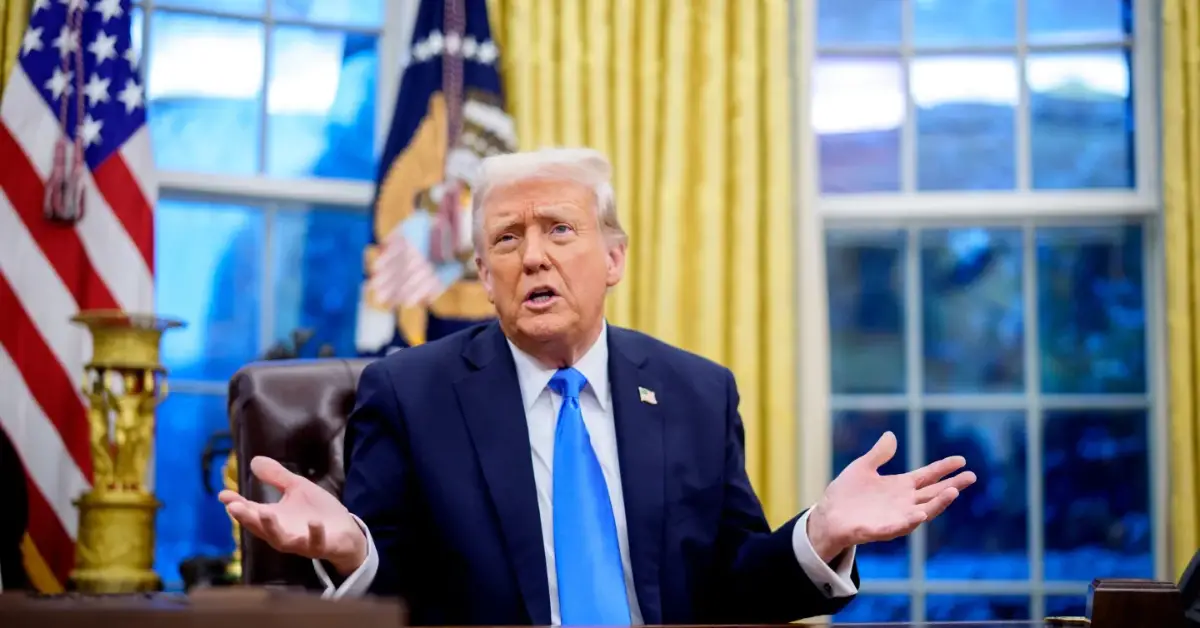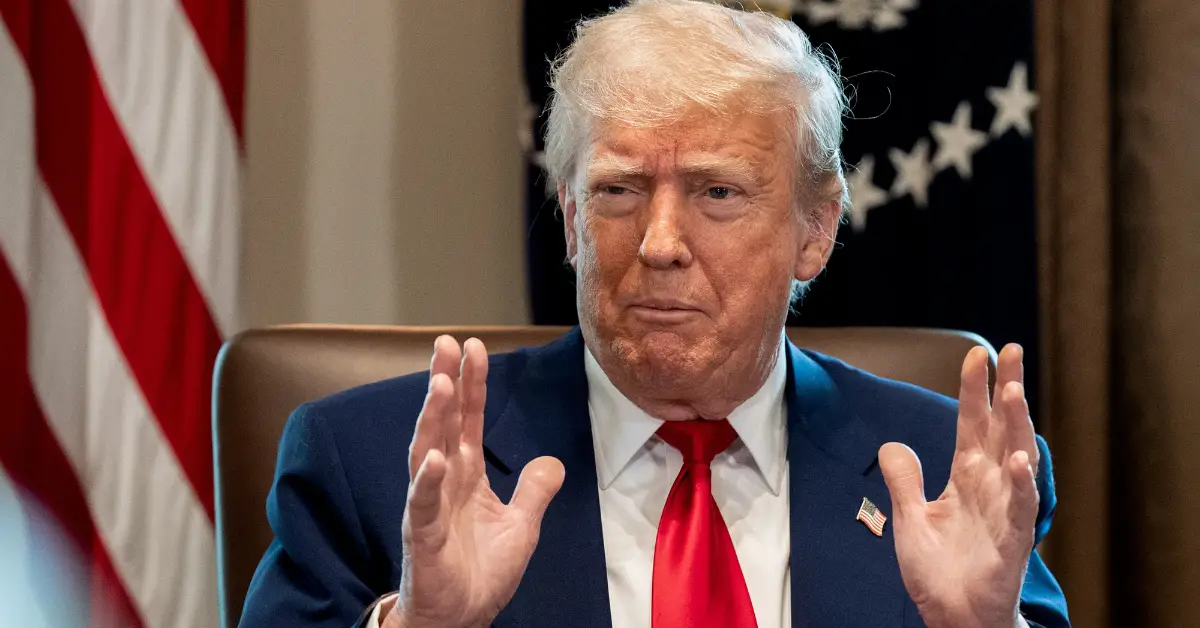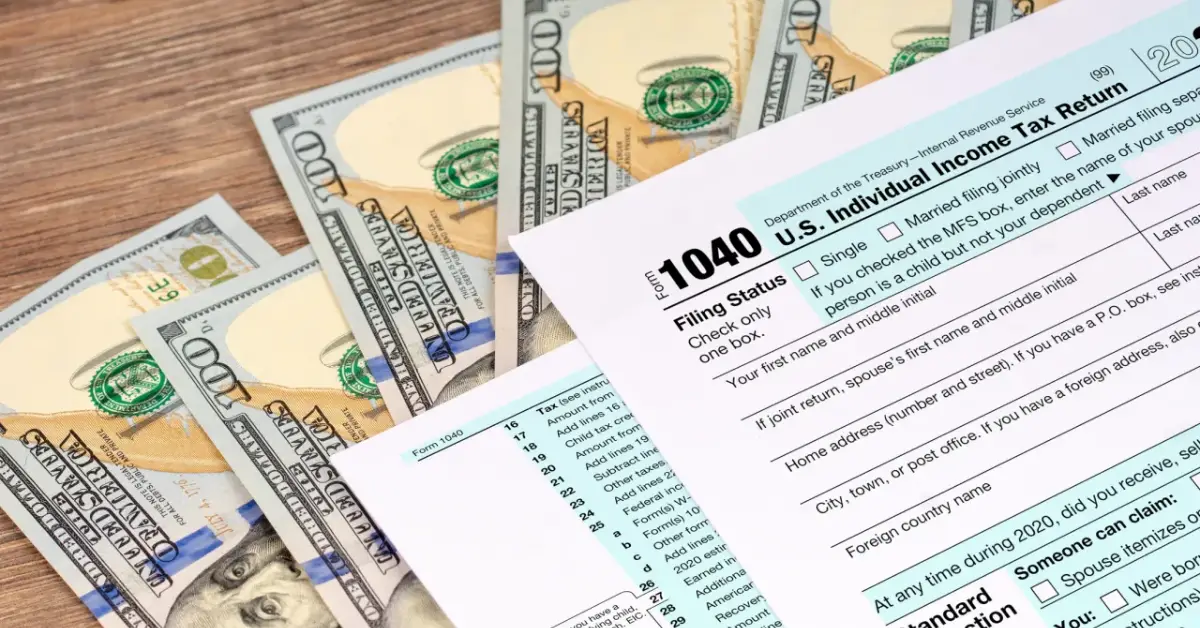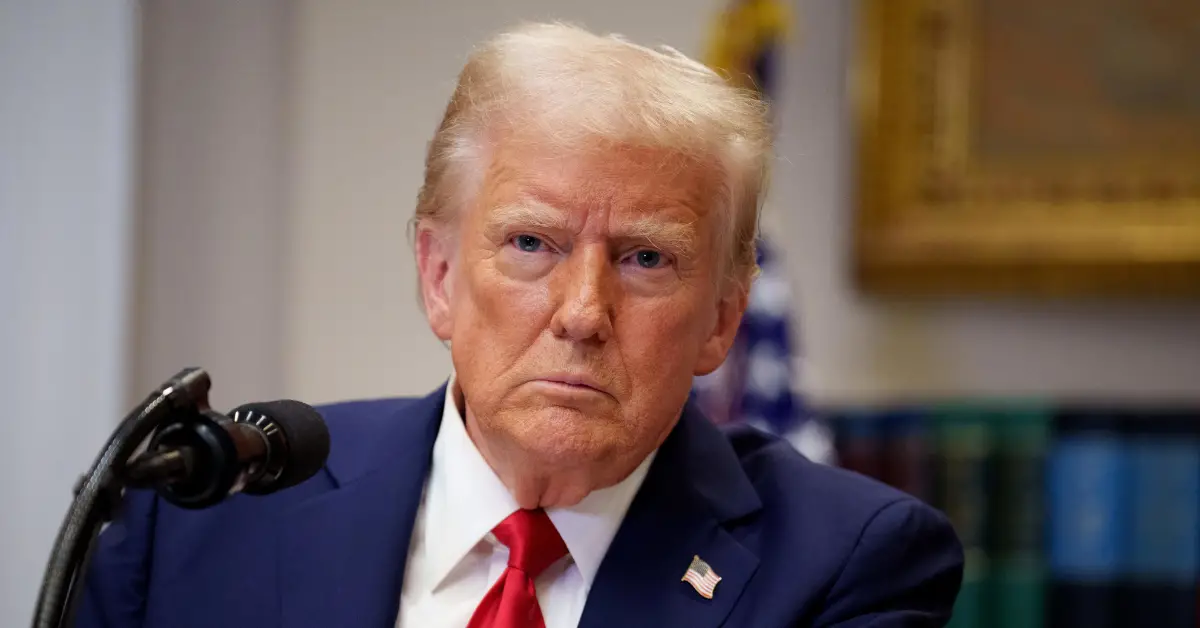A sudden decision by former US President Donald Trump has once again stirred the global economy and sparked controversy. After announcing steep new import tariffs on Chinese goods, raising them to a massive 125%, Trump tried to calm public concerns by calling it a “great time to buy.” But the move didn’t go as smoothly as he expected.
Trump’s Mixed Signals Confuse Everyone
This latest economic shake-up started when Trump shared a message online asking Americans not to panic. He said the current dip in the market was an opportunity for buyers and investors. In all capital letters, he posted, “THIS IS A GREAT TIME TO BUY!!!” But just hours later, he contradicted himself by suspending tariffs for most countries for 90 days and increasing them on Chinese goods to an extremely high rate.
The Tariff Hike: What Happened?
On the surface, it might seem like a strategy to put pressure on China. But the sudden jump to 125% on imports from one of the world’s largest suppliers shocked investors, businesses, and even some of Trump’s supporters.
At the same time, countries other than China were granted a temporary reprieve—a 90-day suspension of tariffs. However, experts say that such a half-step only adds to the uncertainty. “It’s like hitting the brakes and the accelerator at the same time,” said one market analyst.
Businesses and Investors React
Stock markets around the world responded immediately—and not in a good way. Traders and investors were confused by the quick policy flip. Many feared it could lead to a full-blown trade war or bring back the kind of economic instability last seen during the 2020 pandemic.
Small business owners, especially those importing from China, are already feeling the pinch. Many depend on Chinese raw materials and finished goods. A tariff increase of this size could result in significantly higher costs for them, which might then be passed on to everyday consumers.
Meanwhile, investors were left wondering if this was a calculated move or a knee-jerk reaction. Tech stocks, retail companies, and even some car manufacturers saw a drop in value.
Public Anger: ‘The Rich Are Winning Again’
What made people even more frustrated was the feeling that only the rich were winning from these decisions. Critics argue that billionaires with access to insider knowledge or investment tools can profit from such volatility, while average citizens are left struggling with price hikes.
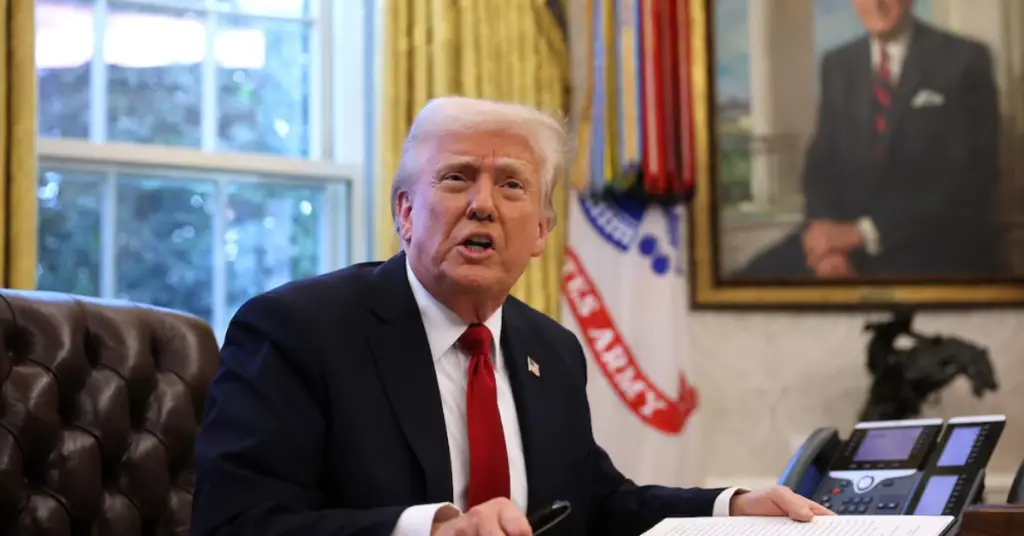
Social media was flooded with angry comments. Hashtags like #BillionairesGotRicher and #TariffTrap started trending. Many accused Trump of once again creating a system that benefits the wealthy elite while ignoring small businesses and working-class Americans.
One user wrote, “Trump says it’s a great time to buy—but for whom? The billionaires?”
Another said, “He crashed the market and gave the rich a discount to buy more. That’s not leadership.”
What Does the 90-Day Pause Actually Mean?
The 90-day pause on tariffs for non-Chinese imports has created more confusion than relief. While it may sound like a break for businesses, experts say it’s unclear what will happen after that period ends.
Some believe Trump is using this time to force trade talks or gain political mileage. But others warn that unpredictable policy swings like this can hurt America’s credibility in international trade.
“Trading partners don’t know what’s coming next,” said an international trade advisor. “That makes it hard for them to trust the U.S. as a stable economic partner.”
How This Affects Everyday People
If you’re wondering how all this impacts you directly—here’s how:
- Prices may rise: Products that rely heavily on Chinese imports, such as electronics, furniture, and clothing, could become more expensive.
- Small businesses might struggle: Higher costs for imported goods could put pressure on small brands and stores.
- Jobs could be at risk: Companies may cut jobs or reduce hours to manage losses.
- Investments could take a hit: If you’ve invested in mutual funds or stock portfolios that include retail, tech, or manufacturing companies, you may notice a dip in performance.
Basically, the everyday consumer is once again at the receiving end of a decision made without proper planning or long-term vision.
Was This About Politics?
Some experts believe this tariff move may be more about politics than economics. With elections approaching, Trump may be attempting to position himself as tough on China, an image that resonates with many of his supporters. But playing with trade policies for short-term political gain can have long-term negative effects.
“Good policy needs clarity, planning, and fairness,” said one former White House economist. “This is the opposite.”
Final Thoughts
Trump’s sudden change in tariff policy—especially the extreme hike on Chinese imports—seems to have caused more confusion than results. Markets dropped, small businesses panicked, and public anger rose.
While he tried to present it as a strategic move and encouraged people to stay calm, many believe it backfired. The rich may have benefited from the market dip, but the average citizen is left dealing with higher prices, uncertainty, and frustration.
As the dust settles, one thing is clear: abrupt, one-sided decisions without clear communication or economic backup can hurt more than help. And once again, it’s the everyday people who pay the price.
Disclaimer: This article has been meticulously fact-checked by our team to ensure accuracy and uphold transparency. We strive to deliver trustworthy and dependable content to our readers.

